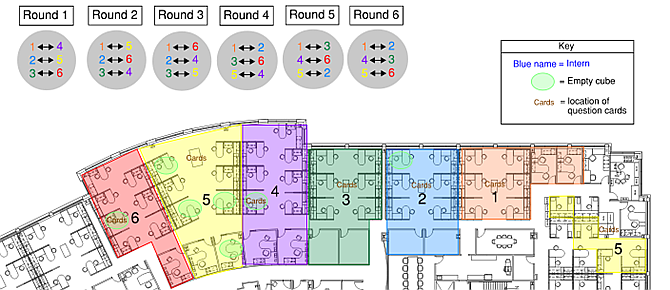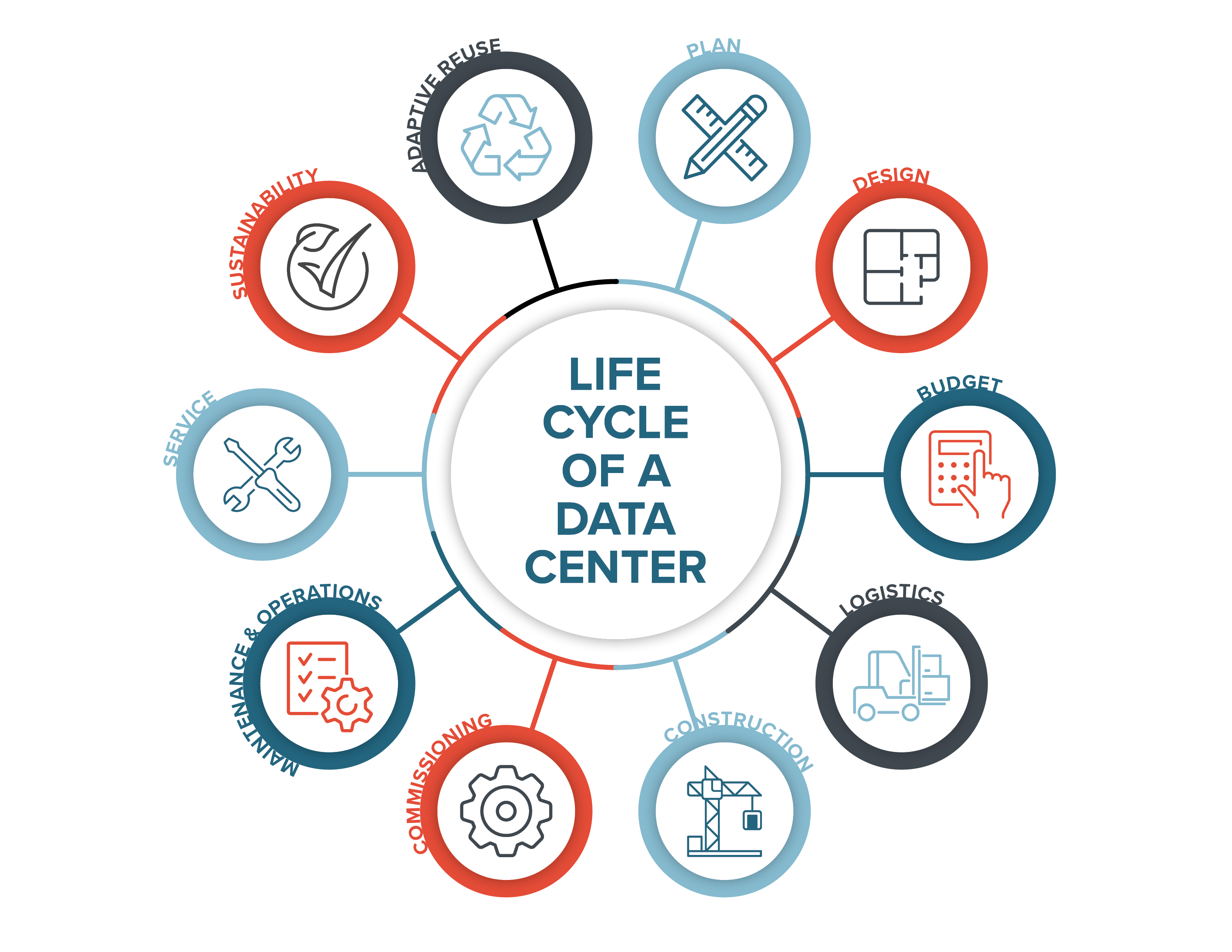
The Collaborative Culture of GBA's Mission Critical Group
At GBA, the Mission Critical team, comprising both GBA A/E and GBA Builders, has taken significant strides in fostering a unique and collaborative culture. This initiative, spearheaded by the Mission Critical Culture Committee, aims to define and embody the principles that guide our work in the Mission Critical industry. This piece discusses the origins of this cultural initiative, the core values that define our team, the specific actions we take to build an exceptional work environment and the goals we strive to achieve.
Background of the Mission Critical Initiative
Members of the Mission Critical team were eager to define and embody what it truly means to work in the Mission Critical industry today. To achieve this, the Mission Critical Culture Committee was formed, dedicated to enhancing our collaboration and fostering a unified team. This committee actively works together on initiatives to create a fun, enjoyable and productive environment, always guided by the shared Mission Critical mindset.
What Does Culture Mean to Us?
The Mission Critical Mindset is prominently displayed on the wall in the Lenexa headquarters, serving as a daily reminder of our core values.
Our Mission Critical Culture Committee is committed to leading by example, recognizing that positive actions can inspire others to follow suit. We aim to foster a distinctive work environment where colleagues build meaningful connections, understand each other’s roles and contributions and demonstrate genuine care for one another. This approach strengthens our team cohesion and also enhances the quality of our work, ultimately reflecting the exceptional service we provide our clients.
Building an Amazing Culture
To implement our Mission Critical Mindset, we focus on several key actions:
1. Be humble, listen and ask questions. Master your craft through continuous learning and mentorship:
We encourage everyone to be curious and act as a sponge for knowledge. Participate in training, listen to podcasts regarding culture and seek out mentors for guidance.
2. Show a sense of urgency and 24/7/365 responsiveness to our clients and team:
In the Mission Critical industry, downtime is not an option for our clients. We prioritize responsiveness, ensuring that we address client needs promptly, even if it means answering the phone on nights and weekends. Though that doesn’t necessarily mean we have to solve the problem right then and there, this approach proves to our client that we care and are committed to solving their issues.

3. Keep an open mind by prioritizing teamwork through diverse ideas and inclusion:
Mission Critical is creating a “Who’s Who of Mission Critical” to help everyone know who is on our team, their group/discipline and who to go to for help.
4. Always do the right thing and build quality, respectful relationships:
The Mission Critical Culture Committee created a “Speed Networking” initiative to foster quality relationships among teammates. Held biweekly, this event is organized by cubical “pods,” where team members engage in guided conversations to strengthen interpersonal connections. An example of how the pod networking works is detailed below.
5. Work proactively to provide innovative solutions by truly understanding our client’s critical needs, risks and operations
Mission Critical performs this daily by understanding our client’s needs, concerns and end goals.
In addition to our Mission Critical Mindset, we created our Life Cycle of a Data Center graphic. We believe it is important to have these graphics on our walls as an everyday reminder of our group goals and how we can work together to focus on what we are striving to accomplish.

Achieving Our Goals
Our primary goal is to enhance collaboration, ensuring that we consistently embody our Mission Critical Mindset. The Life Cycle of a Data Center framework highlights the critical roles each team member plays in achieving this goal, emphasizing the significance of every individual’s role in executing our remarkable work.
Additionally, we aim to integrate the GBA Builders field operations team into every phase of a project – from planning and design to budgeting and ongoing communication during construction. By establishing and maintaining effective communication from the onset, we ensure outstanding results for our clients.
We are committed to promoting the services we provide within GBA, reinforcing our dedication to collective success. The Life Cycle of a Data Center graphic is a visual reminder of our comprehensive services and our commitment to excellence.
What Makes People Stay at GBA?
During my time at GBA, I have realized that the people make this company truly special. Connecting with colleagues across different groups and affiliates has allowed me to build meaningful relationships throughout the company. These connections enhance our collaboration on projects, enabling us to deliver the best possible results to our clients. The qualities we value in our team members—teamwork, listening, continuous learning, integrity, loyalty, trust, respect and communication—create an atmosphere where work feels less like a job and more like a passion. As Mark Twain said, “Find a job you love, and you will never have to work a day in your life.”
Conclusion
The Mission Critical team at GBA embodies a culture of collaboration, responsiveness, continuous learning and innovation. Through the dedicated efforts of the Mission Critical Culture Committee, we have cultivated a work environment that prioritizes high-quality results and fosters meaningful relationships and personal growth. Our commitment to the Mission Critical Mindset unites us as an effective team, prepared to meet industry challenges and consistently exceed our clients’ expectations.
 Lucy Brown
Lucy Brown
As a Mechanical Project Engineer for GBA Mission Critical, Lucy is proficient in designing mechanical systems for Mission Critical and previously for Life Sciences facilities. She prides herself in leading a team to produce the best possible product for our clients. She understands the importance of communication and collaboration to ensure that projects are on schedule, coordinated across disciplines and the client’s expectations are met.